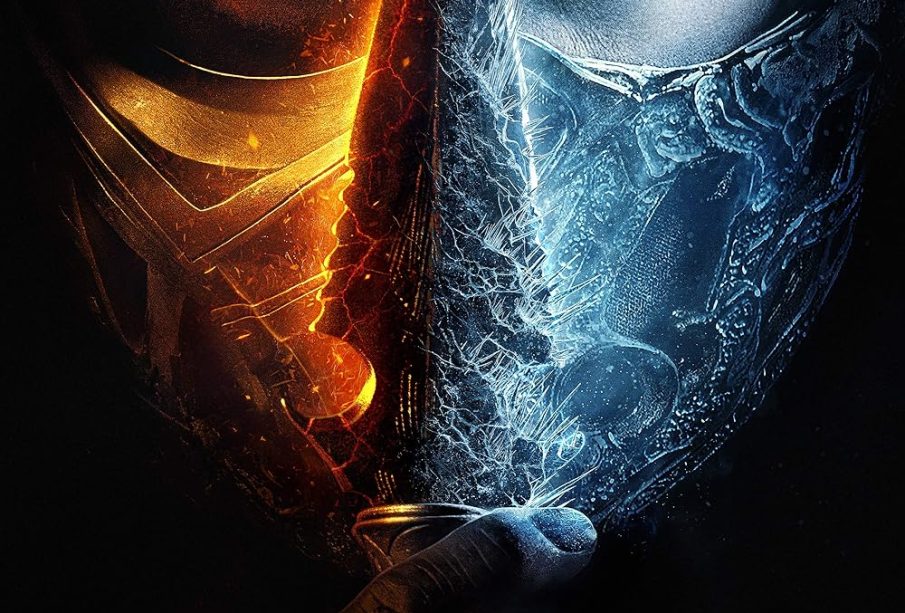The Mortal Kombat Movie: A Return to the Silver Screen

Introduction
The Mortal Kombat movie franchise has been a staple of popular culture for decades, captivating audiences with its unique blend of martial arts, fantasy, and intense storytelling. With the latest adaptation released in 2021, the importance of this film extends beyond mere entertainment; it serves as a significant entry in the evolving landscape of video game adaptations in cinema.
Latest Developments
The 2021 Mortal Kombat film, directed by Simon McQuoid, aims to reboot the series and deliver a more authentic representation of the beloved characters and storylines that fans have cherished since the original game’s release in 1992. The latest iteration seeks to enhance viewer engagement through advanced special effects and a stronger narrative, focusing on the character of Cole Young, a new protagonist who is drawn into the tournament between the realms.
Since its release, the movie has garnered mixed reviews, with critics praising its action sequences and visuals, but questioning some aspects of the plot and character development. Despite the varied responses, the film found success at the box office, particularly during its simultaneous streaming release on HBO Max, and has reignited interest in potential sequels.
Cultural Impact and Future Prospects
The Mortal Kombat franchise has played a critical role in shaping the fighting game genre and has influenced numerous adaptations across various media. The 2021 release has not only reignited nostalgia among long-time fans but has also tapped into a new generation of viewers. The film’s success opens the door for further development in the franchise, including potential sequels and spin-off series.
Moreover, the cultural significance of Mortal Kombat highlights ongoing discussions around diversity and representation in cinema. The film features a diverse cast, which has been positively received in the context of Hollywood’s growing recognition of the need for inclusivity.
Conclusion
In conclusion, the Mortal Kombat movie not only represents a crucial chapter in the franchise’s history but also reflects broader trends in the film industry regarding adaptations of video games and the importance of representation. As the conversation continues about the future directions of the series, fans can anticipate exciting developments and possibly more films that will further explore the rich lore of Mortal Kombat. With an ever-evolving landscape, the franchise may very well continue to carve its niche in the larger cinematic universe.







